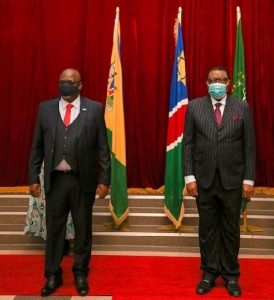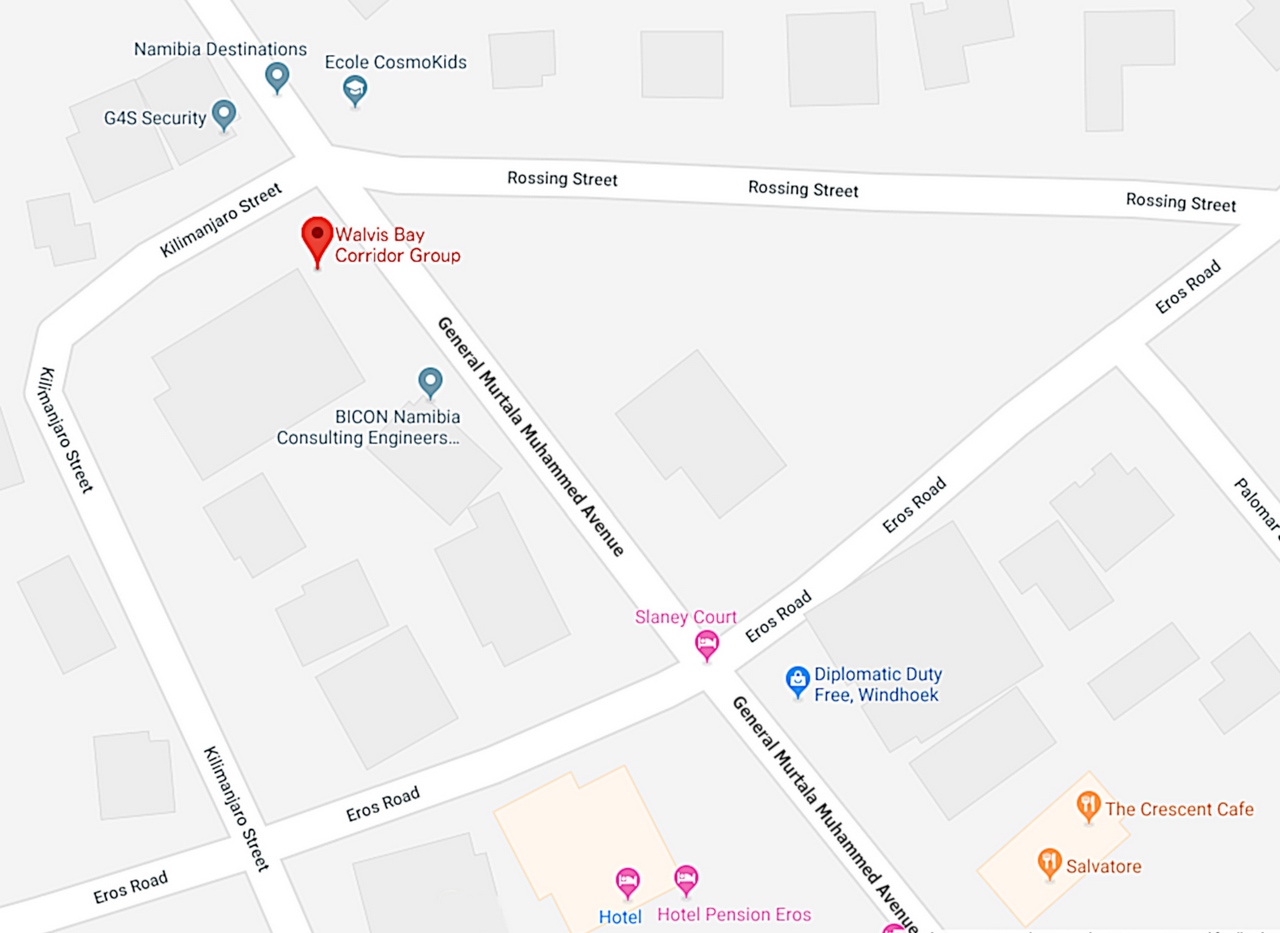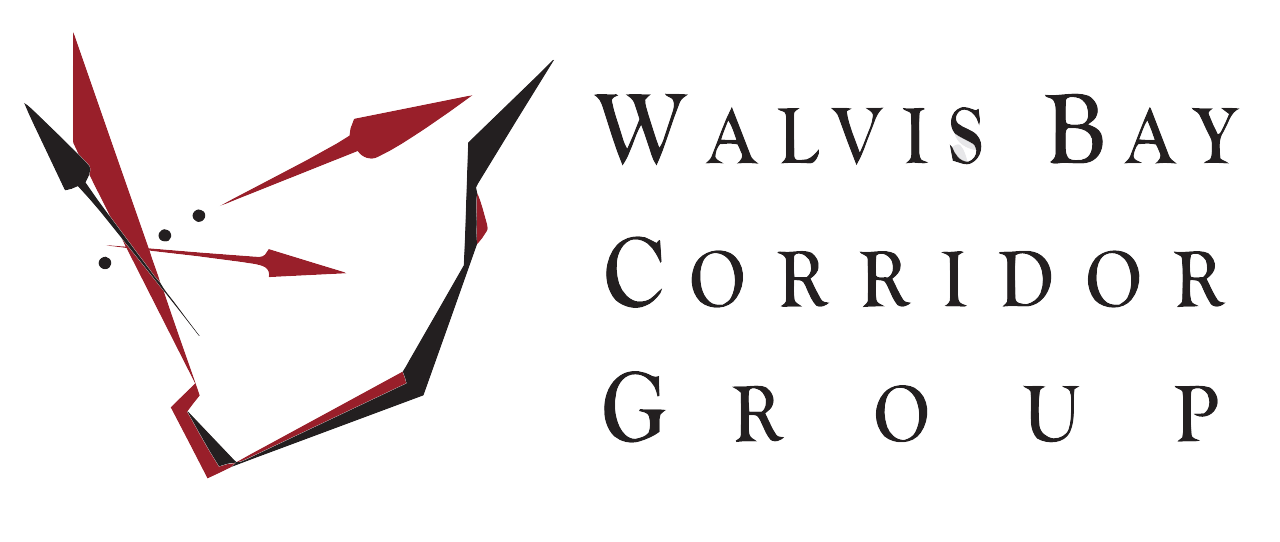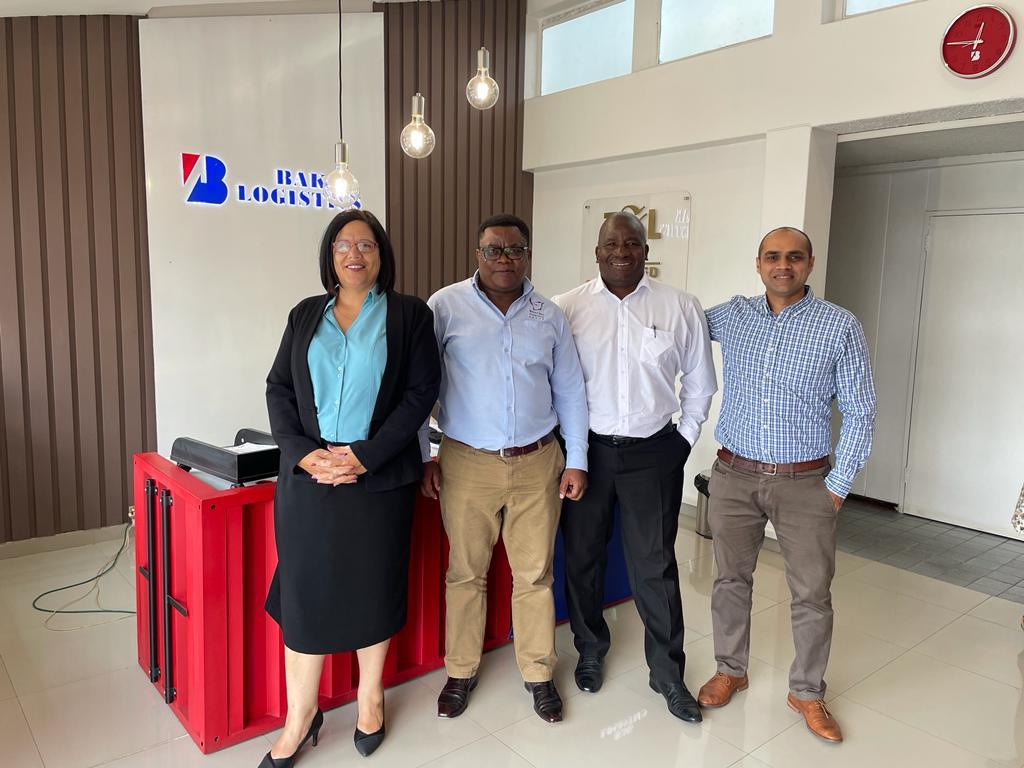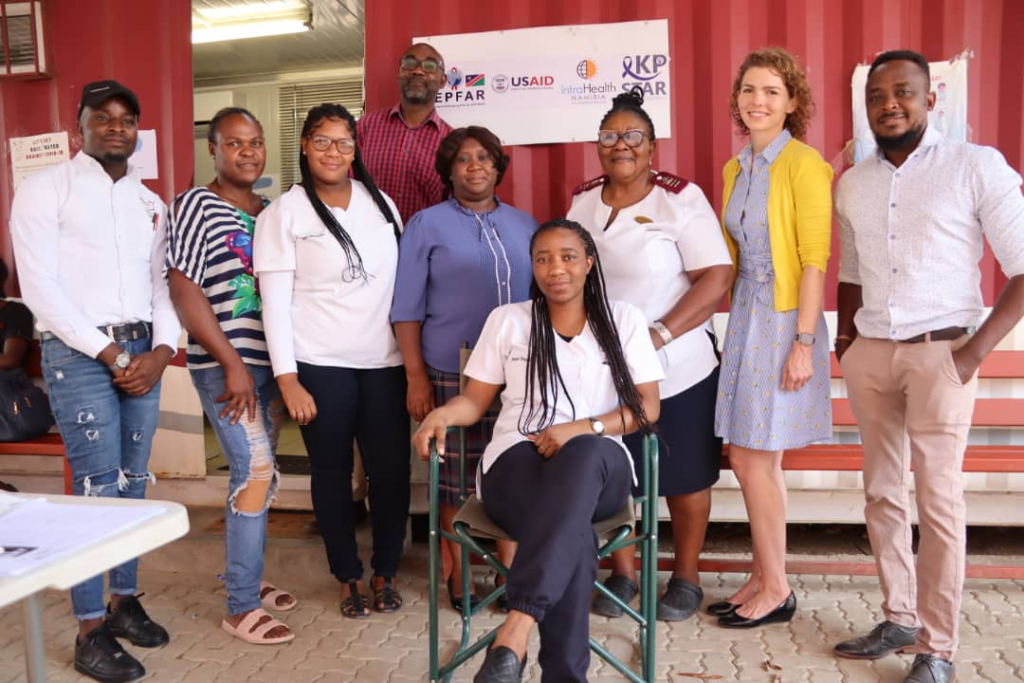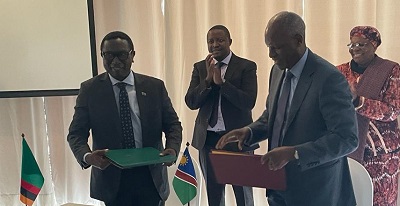Botswana is seeking to facilitate more collaboration with Namibia to promote trade and joint venture partnerships, says Batlang Comma Serema, incoming Botswana high commissioner to Namibia.
The envoy expressed his aims in an interview with Globe Media Namibia last week. Trade will be facilitated between the Botswana Investment and Trade Centre (BITC) and the Namibia Investment Centre (NIC). Serema said efforts were also made to encourage collaboration between the two countries’ chambers of commerce. According to the United Nations Comtrade database on international trade, Namibia’s exports to Botswana in 2019 stood at US$610,56 million, while Botswana’s exports to Namibia were valued at US$194,63 million.
“Trade between Botswana and Namibia can be improved through collaboration by the ministries responsible for trade and investment promotion by undertaking joint trade promotional activities to encourage close cooperation between business communities,” the commissioner said.
He said signing and implementing agreements specifically on the promotion of trade and investment could also help to boost economic relations and improve trade between the two countries.
Namibia and Botswana are planning to develop a railway line linking the two countries, and have signed a memorandum of understanding (MoU) to this effect. Serema said the two countries have also agreed to rebrand the project from the original concept of a railway development for coal export to a regional corridor development that would unlock the economic potential along the corridor.
He said it was necessitated by the Development Plan Study commissioned in 2014, which concluded that relying on coal as an anchor product renders the project “non-bankable” when considering market prices. A project management office was established in Windhoek in 2015, and the two governments have each deployed a project coordinator at the office.
“The railway line is important as it will provide Botswana and Namibia access to regional and international markets and increase trade between the two countries,” Serema said. Botswana, Namibia, and South Africa signed an MoU known as the Trans-Kalahari Corridor Management Committee (TKCMC). The Corridor Management Institution (CMI) was established to coordinate and manage the Trans-Kalahari Corridor to realise its maximum utilisation and improve the seamless movement of goods and people. The commissioner said there are a number of socio-economic development opportunities and benefits of the TKC, which include the promotion of diversification of the region’s industrial base and a regional approach in mobilising foreign direct investment (FDI).
Serema said the TKC will promote regional integration, facilitate trade (exports and imports), enhance regional and global value-chain and production networks, and enhance economic agents such as agriculture production, industrialisation and transport hubs. The planned corridor could also enhance the region’s competitive advantage by ensuring that products from Southern African Development Community (SADC) member states reach the market. Namibia facilitated Botswana’s establishment of a dry port at Walvis Bay – a strategic facility which provides a viable option for redirecting some traffic from other ports, with the intention to boost economic activity in both countries.
Serema said when imported and exported goods for Botswana move through the dry port, the benefit goes to transporters and other value-chain stakeholders in both Botswana and Namibia. “The dry port facility does not only serve the Botswana market, but helps to boost our countries’ trade. It therefore goes without saying that transport plays a catalytic role in stimulating economic activities of countries, and it remains important that domestic and international logistics operate effectively for a country to remain competitive,” the high commissioner said. Serema would also like to see Botswana and Namibia collaborating more with regards to small livestock production. According to the Meat Board of Namibia’s statistics, Botswana is the only African country, apart from South Africa, that buys Namibian beef. By the end of August 2020, Namibia exported 592 848 kg of beef to Botswana, the board’s figures indicate. “We can collaborate and share information and best practices on small-stock production cognisant of the fact that Namibia is doing well in the subsector,” Serema said. He suggested that farmers’ associations and key stakeholders from both the government and private sector collaborate through partnerships for purposes of identifying ways to grow the sector in the two countries and increase output to meet the demand in the international market for goat and lamb meat. “We are further encouraged by the fact that Namibia has a high population of sheep and goats of high quality, which the Batswana can procure to improve their breeding stock,” he said.
Currently, most of Namibia’s live animal exports are going to South Africa, with Angola edging in. Trade between Namibia and Botswana has been in diamonds mostly, since De Beers’ head office is in Gaborone and all sales are made from there.
– By Tabby Moyo & Globe Media with additional reporting by Nghiinomenwa Erastus
Source: The Namibian Online
https://www.namibian.com.na/95973/read/Botswana-wants-more-business-with-Namibia
